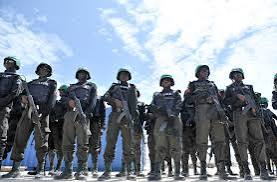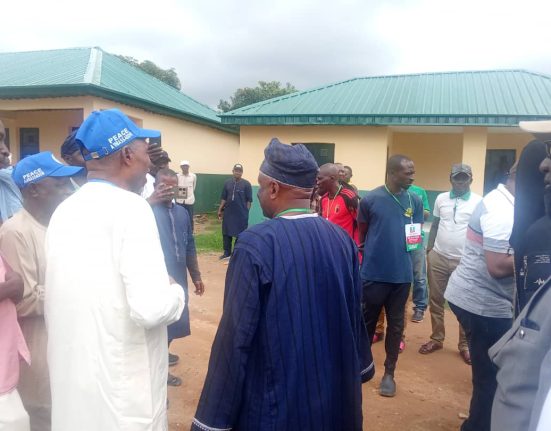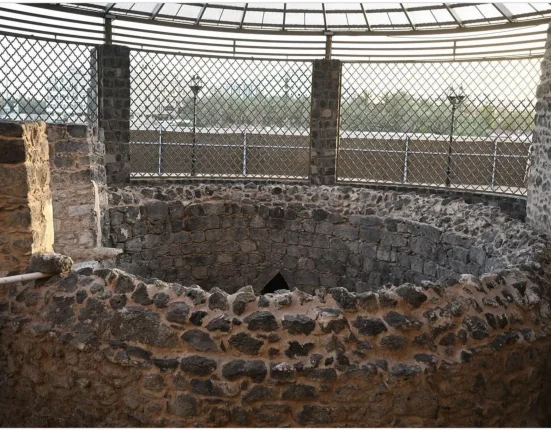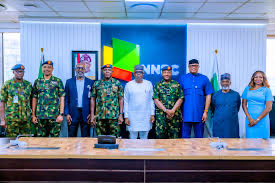The Muslim Community of Lagos State has raised fresh concerns over Nigeria’s deepening security crisis, describing the situation as resembling full-blown guerrilla warfare. The group made the assertion in Lagos during a recent media briefing, warning that the nature of attacks by insurgents and armed groups requires a more strategic and unconventional approach from the federal government and security agencies.
Speaking on behalf of the community, its President, Alhaji Mohammed Oyinlomo Danmole, likened the prevailing security threats—particularly in the North-East and Middle Belt—to the irregular, high-mobility tactics seen in guerrilla warfare. According to him, the Nigerian state must recalibrate its security architecture to respond effectively to such unconventional threats.
“The pattern of violence and the modus operandi of those threatening Nigeria’s peace, especially in some northern regions, bear all the hallmarks of guerrilla warfare. These are not traditional battles—they are surprise attacks, ambushes, and sustained campaigns of fear targeting civilian populations,” Danmole stated.
This comes amid the ongoing struggles by Nigerian security forces to contain the activities of insurgent groups such as Boko Haram and its offshoot, the Islamic State West Africa Province (ISWAP). These groups have continued to launch sporadic attacks in remote communities, using tactics that complicate the Nigerian military’s conventional response mechanisms.
Danmole stressed the need for intelligence-driven operations and improved synergy among the military, police, and local security outfits. He also emphasized the importance of engaging local communities, particularly through faith-based and cultural institutions, to rebuild trust and support information gathering efforts.
“Our leaders must understand that brute force alone will not resolve these crises. We must win hearts and minds, and this requires a blend of military precision and civic intervention. Youths need jobs, communities need infrastructure, and the people need to see governance that prioritizes their security and welfare,” he added.
The Lagos Muslim Community also used the occasion to call on the federal government to invest more in technology-based surveillance, better welfare for troops on the front lines, and an overhaul of the country’s internal security strategy to reflect 21st-century realities.
Security experts have long argued that Nigeria’s multi-dimensional security threats—including terrorism, banditry, kidnapping, and farmer-herder conflicts—demand a unified national strategy supported by sub-national collaboration and international intelligence cooperation.
As the nation continues to grapple with insecurity, the Lagos Muslim Community’s message adds to growing voices urging the government to act swiftly and decisively, using both military innovation and socio-political solutions to restore peace and stability across the country.







